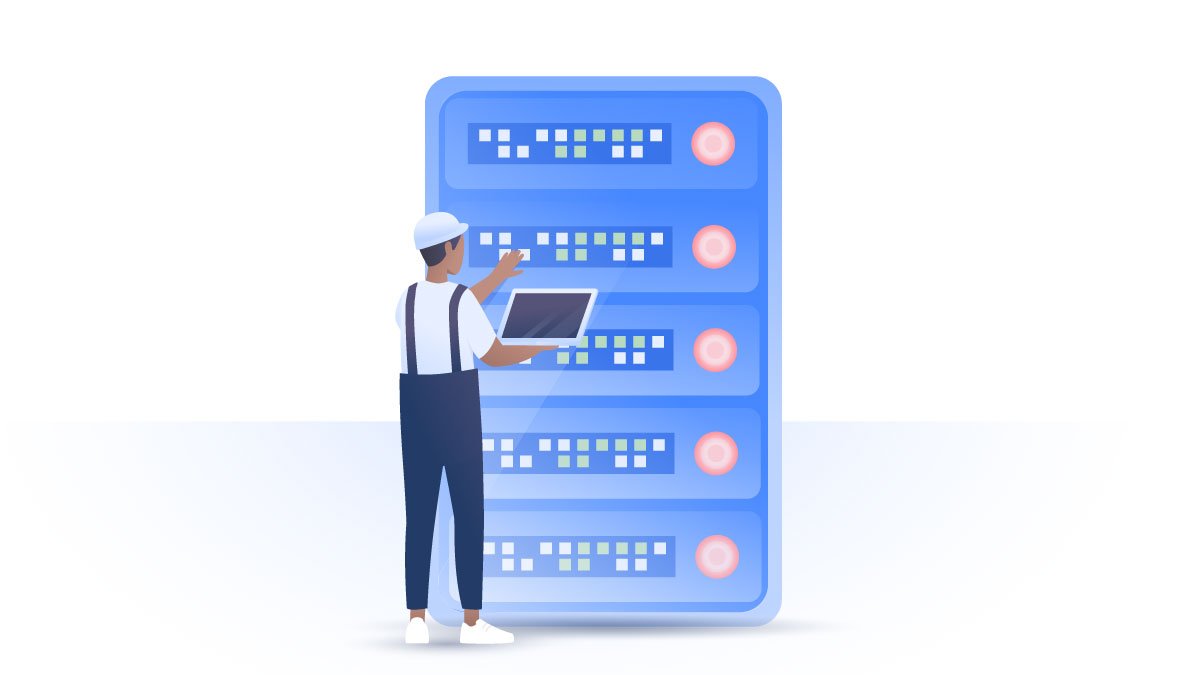How the Five Eyes alliance fuels global surveillance
Countries around the world have formed alliances to spy on their citizens online. They share private information with their security partners and claim to be working for the greater good. Here’s what that means for you if you live in one of those countries.
Zen Bahar
Apr 20, 2021 · 3 min read

What are the 5 Eyes, 9 Eyes, and 14 Eyes alliances?
The Five Eyes (FVEY), Nine Eyes, and Fourteen Eyes are state surveillance alliances, united for the sole purpose of monitoring and sharing the activity of internet users to protect national security.
They get data by monitoring users’ online activity, from ISPs and other online trackers, as well as by phone tapping. In 2013, NSA leaks exposed the Five Eyes for jointly operating numerous secret surveillance schemes and unlawfully spying on their citizens' most private moments.
The number of eyes in each alliance refers to the number of countries involved. Here’s a list of the countries in each alliance:
- Five Eyes countries: US, UK, Canada, New Zealand, Australia.
- Nine Eyes countries: US, UK, Canada, New Zealand, Australia, Denmark, France, the Netherlands, Norway.
- Fourteen Eyes countries: US, UK, Canada, New Zealand, Australia, Denmark, France, the Netherlands, Norway, Germany, Belgium, Italy, Sweden, Spain.
The differences between the 5 Eyes, 9 Eyes, and 14 Eyes alliances
The Five Eyes formed after WW2, when the UK and US agreed to collaborate on intercepting the secret activities of the Soviet Union and share mass surveillance data.
On a mission to penetrate mainland Europe, four more countries joined to create the Nine Eyes.
These four additional countries (Denmark, the Netherlands, France, and Norway) can use the same resources as the Five Eyes but cannot access all of the data collected by them. Nine Eyes countries may also share their data with the NSA or GCHQ secret agencies.
Then, five more countries joined the Nine Eyes to create the Fourteen Eyes. The Fourteen Eyes alliance is not as potent in its activities as the Five Eyes. They can be seen as affiliates of the other alliances, but that is not to say they are any less involved with mass surveillance.
The danger of the 5 Eyes, 9 Eyes, and 14 Eyes
One of the most threatening things about these alliances is that they allow countries to spy on their own people by proxy. For example, it may not be legal for the UK to spy on its citizens, but they can ask the US to do so since they’re both in the Five Eyes alliance.
The 5 Eyes, 9 Eyes, and 14 Eyes alliances cover the majority of the world's internet users, but, as online literacy grows in other countries, so does their desire to join the 14 Eyes alliance. Are we heading into a totalitarian surveillance world? So far, we know that the following countries are also close allies of the Fourteen Eyes alliance:
- Israel
- Japan
- South Korea
- Singapore
- The British Overseas Territories
What does this mean for you?
If you live in any of the mentioned countries, your right to online anonymity is near impossible. Everything you do online is likely to be tracked: the websites you visit, the time you spend online, everything you type into search engines, your personal information, IP address, and more.
Since we now have evidence that the Eyes could be involved in all kinds of insidious surveillance schemes, we don’t know how intimate their surveillance could get. Your confidential information could be stored forever or, worse, you could accidentally end up on a government target based on your search history.
What can you do?
While there are many ways to hide your online activity, one tool in particular can help combat unwarranted surveillance: a virtual private network (VPN).
A VPN hides your internet activity by sending your data through its encrypted servers instead of the commercial ones owned by your ISP. If anyone tried to decipher your traffic, it would be total gibberish to them.
Note: Private browsing tabs like Incognito mode will NOT hide your browsing from your ISP. It just makes sure your activity isn’t saved in the device’s history.
Here are some other bonuses of using a VPN.
- Avoid restrictions: You can bypass internet restrictions abroad by switching your location in the app. This makes it look as though you were in another country and also helps you find some pretty good shopping deals.
- Get total privacy and security: NordVPN hides your IP address as well as everything you do online so nothing can be traced back to you. And with a strict zero-logs policy, your identity can never be traced through us either.
- Use NordVPN on up to 6 devices: The NordVPN app works on smartphones, laptops, PCs, and browsers. Just switch it on to instantly encrypt everything you do online.


